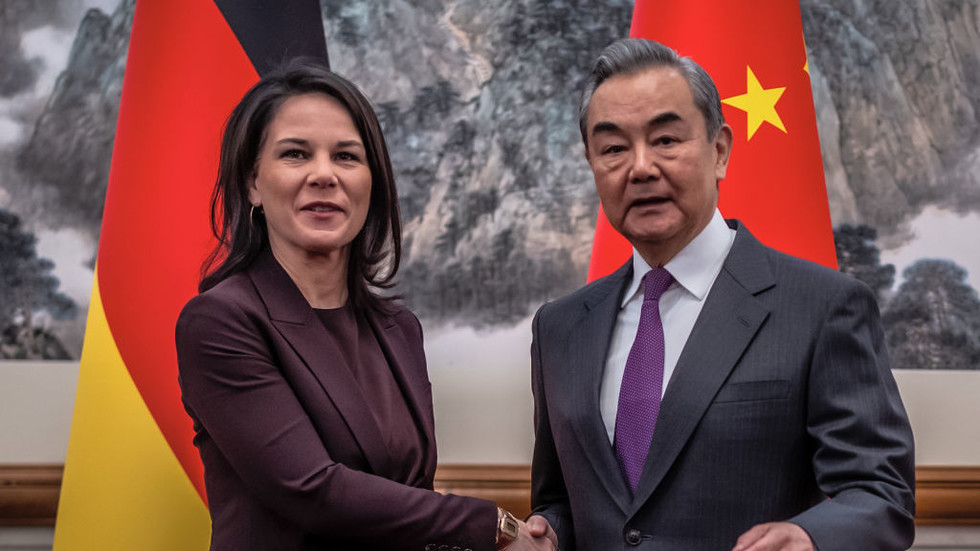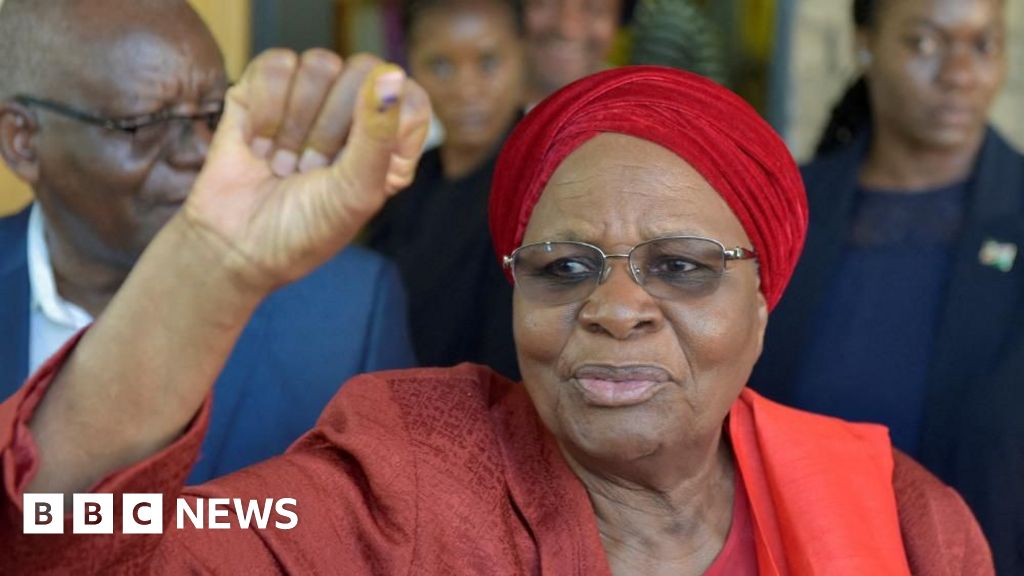A general view from the Flattop Mountain in Alaska, United States on September 27, 2024.
Hasan Akbas | Anadolu | Getty Images
This report is from today's CNBC Daily Open, our international markets newsletter. CNBC Daily Open brings investors up to speed on everything they need to know, no matter where they are. Like what you see? You can subscribe here.
What you need to know today
Other than the Nasdaq, markets mostly fell
U.S. markets were mixed Tuesday. The S&P 500 and Dow Jones Industrial Average dipped slightly but were close to the flatline. However, the Nasdaq Composite added 0.18%. The pan-European Stoxx 600 index fell 0.21%. German software company SAP rose 2.1% after posting glowing third-quarter earnings, while Maersk lost 3.1% despite upgrading its full-year forecast.
Inflation is slowing, but so is growth
Most countries in the world have managed to lower inflation, according to the International Monetary Fund. Global headline inflation will fall to 3.5% on an annual basis by the end of 2025, from an average of 5.8% in 2024, the agency said Tuesday. The IMF forecast global growth to be 3.2% for 2024 and 2025, which it called a "stable yet underwhelming" number.
Motoring ahead
Shares of General Motors popped almost 10% after it reported earnings. The U.S. automaker handily beat Wall Street's expectations for its third-quarter earnings and revenue. On the back of such positive results, GM raised its earnings guidance for 2024 — the third time it's done so this year.
Norway fund reaps $76 billion in profit
Norway's Government Pension Fund Global, the world's largest sovereign wealth fund, reported third-quarter profit of 835 billion Norwegian kroner ($76.3 billion). The fund credited a rallying stock market boosted by lower interest rates for those numbers. Still, the fund's return for the third quarter was 4.4%, 0.1 percentage points lower than a benchmark set by Norway's Finance Ministry.
[PRO] Politics as important as profits
The U.S. votes for its next president in around two weeks. The environment for corporations and markets will be starkly different depending on who becomes the country's 47th president and which party gains control of Congress. Hence, Bank of America thinks investors should take an active role in picking stocks to trade on the election.
The bottom line
The S&P is up more than 22% year to date and has broken multiple record closes on its way to that peak.
Still, the broad-based index's ascent has slowed in recent days. On Tuesday, the S&P ticked down 0.05% for its first back-to-back losing day since early September.
On the rally pause, Barclays wrote: "We now recommend moving to the sidelines. We think investors are likely to as well; the risk rally should stall for the next few weeks."
When a fast-moving vehicle stalls, however, it could still rev back to life. Notably, all major U.S. indexes are trading above both their 50- and 200-day moving average, suggesting they possess forward momentum.
Indeed, UBS Wealth Management this month upgraded its rating on U.S. stocks to attractive from neutral. "We think a 'no landing' scenario is positive for US and global equities," said UBS GWM Chief Investment Officer Mark Haefele.
There are "signs that the long-run trend growth rate may be higher than previously estimated," added Haefele.
The International Monetary Fund also thinks growth in the U.S. will remain robust. In its latest World Economic Outlook, the IMF increased its estimate for U.S. GDP in 2024 to 2.8% from its 2.6% forecast in July, while raising its 2025 growth forecast for the country. It's the only advanced economy that had its economic trajectory revised upwards by the IMF for both years.
The U.S. has its consumers to thank for that. "The resilience of consumption is largely the result of robust increases in real wages," the IMF wrote in its report.
With the looming presidential election and high stock valuations, the path ahead for markets may be rocky for now. But the S&P might persist in scaling the rocky ridges of an ever-ascending mountain range.
— CNBC's Brian Evans, Hakyung Kim, Pia Singh and Samantha Subin contributed to this report.

.png) 1 month ago
12
1 month ago
12









